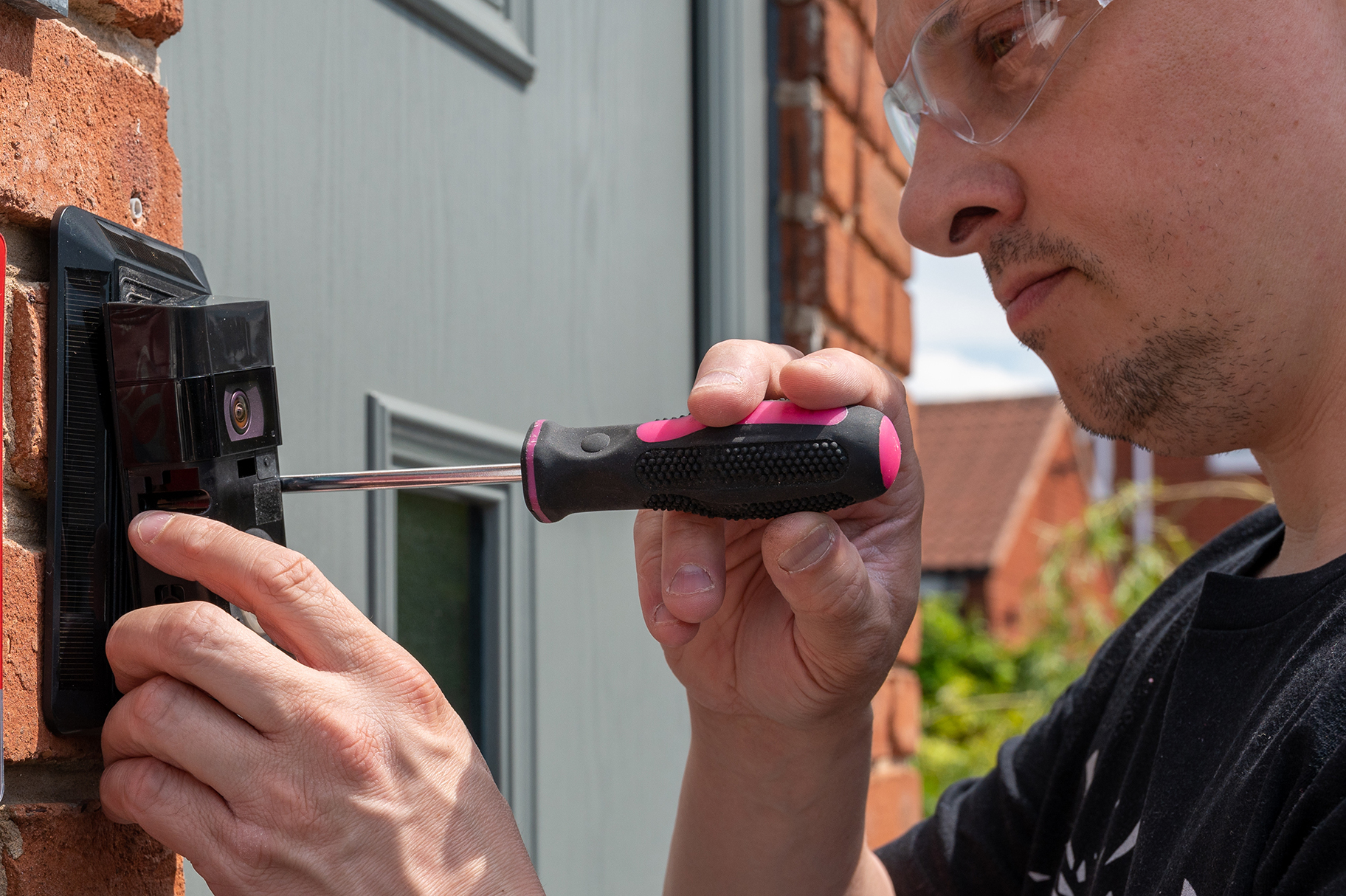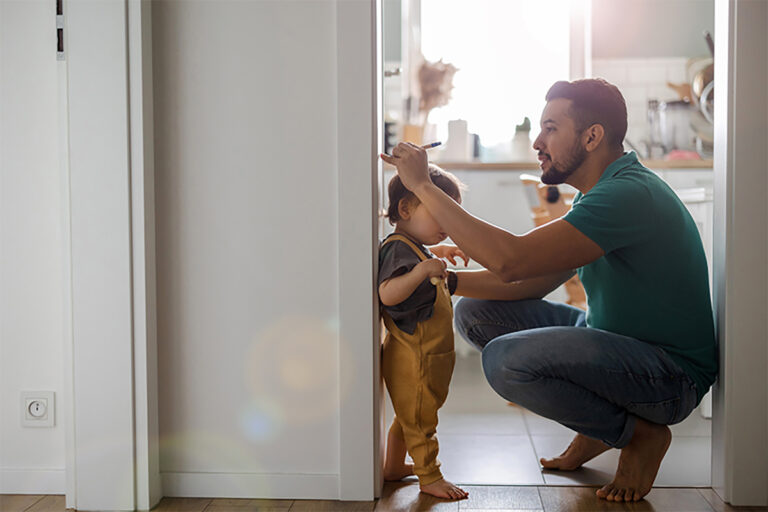June 4th, 2025
Doorbell Camera Footage Can Be Evidence in a Divorce Case Here Is What to Know
Posted in: Family Law Tagged: Sondra M. Douglas
Author: Sondra M. Douglas

In the age of smart homes and always-on surveillance, recordings from devices like Ring doorbells, nanny cams, and voice assistants are increasingly being introduced as evidence in divorce and custody cases.
While these recordings are becoming more common in legal proceedings — they also raise serious questions about privacy, legality, and admissibility. When you are meeting with a Stein Sperling family law attorney make sure you disclose how you obtained any audio or video evidence. Your attorney will let you know if the evidence you obtained is permissible in court.
Here is what you need to know if you plan to use images and audio obtained by surveillance devices in Maryland:
- Maryland’s two-party consent law matters:
The Maryland Wiretap and Electronic Surveillance Act stipulates that audio recordings are only admissible if both parties gave permission to be recorded. Secretly recorded conversations may not hold up in court. In the District of Columbia the law is different, only one party needs to consent. - Video footage is more nuanced:
Footage without sound — such as from a doorbell camera — may be allowed, but only if it doesn’t violate someone’s reasonable expectation of privacy. - Courts scrutinize how recordings are handled. Judges typically assess:
- Was the recording obtained legally?
- Did it invade anyone’s privacy?
- Is it authentic and relevant to the case?
- Our attorney’s weigh the pros and cons of the admissibility of the evidence
- Was the recording obtained in a place where a reasonable person would have an expectation of privacy?
In Maryland, it is illegal to record people in your home in areas where they would expect privacy such as a bedroom and/or bathroom. If parties in your home are not aware that they are being recorded or do not give consent to be recorded — you are facing serious consequences — including up to 5 years in jail and/or a $10,000 fine. A camera outside the home is viewed differently than one hidden in a bedroom or bathroom. - Content alone doesn’t guarantee admissibility:
Even if a video captures abuse or infidelity, it must be clear, unedited, and verifiable — or it could be excluded. - Oversharing can backfire:
Posting recordings to social media or sharing them with friends can harm your case and paint a person in a negative light in court.
Contact an Attorney
This evolving issue is affecting more people as smart technology becomes integrated into daily life. If you have any questions about surveillance technology and how it can be appropriately used to aid in a family law matter, please reach out to a Stein Sperling Family Law attorney for assistance.







